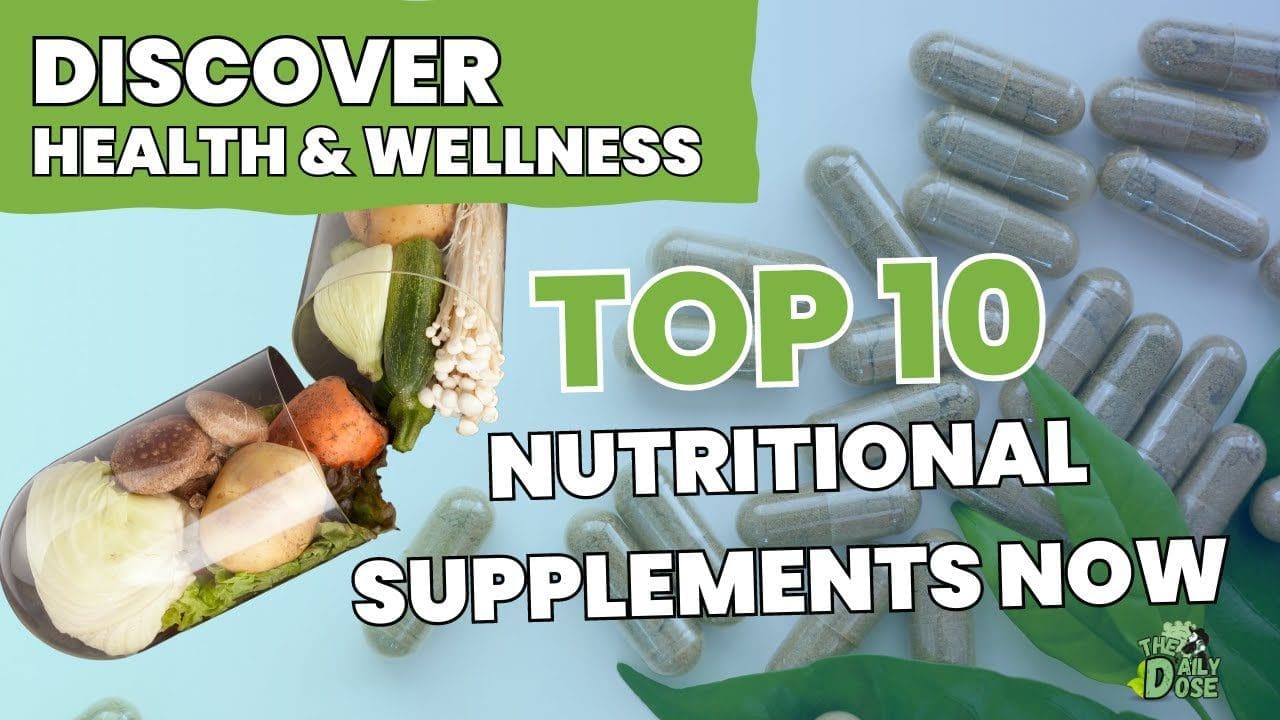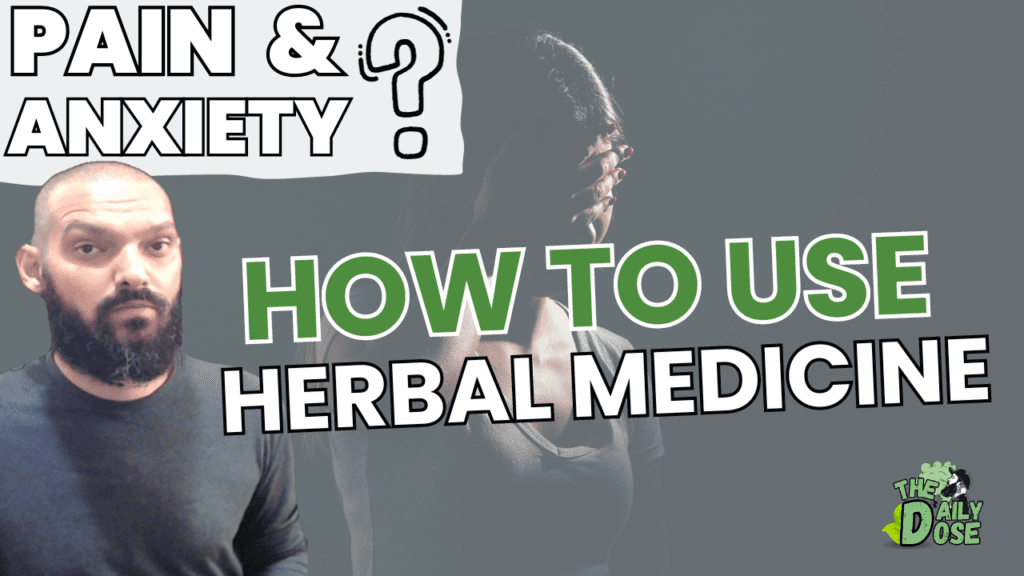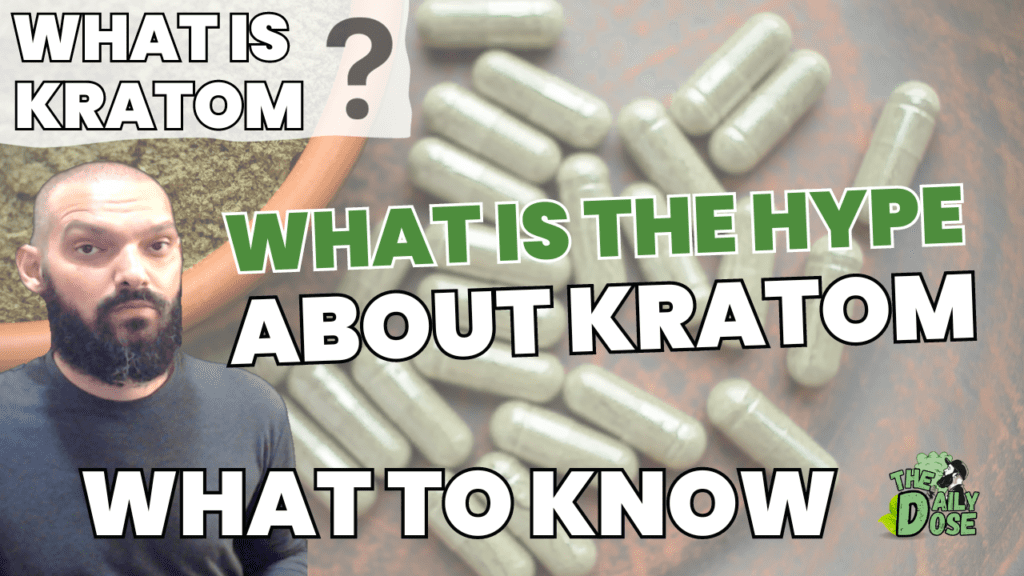Table of contents
Top 10 Supplements For Wellness
In today’s fast-paced world, maintaining a healthy lifestyle has become increasingly important. One key aspect of a healthy lifestyle is ensuring that our bodies receive the necessary nutrients to function optimally. While a well-balanced diet is essential, it is not always easy to obtain all the nutrients we need from food alone. This is where nutritional supplements come into play. In this article, we will explore the top 10 nutritional supplements that can support your overall health and well-being.
Introduction
In this modern age, nutritional supplements have gained popularity as a convenient and effective way to bridge the nutrient gaps in our diets. They can provide the necessary vitamins, minerals, and other essential nutrients that may be lacking in our daily meals. Let’s dive into the top 10 nutritional supplements and explore their benefits.
Vitamin D
Vitamin D plays a crucial role in supporting bone health and immune function. It aids in the absorption of calcium and promotes proper bone growth. Additionally, it has been associated with a reduced risk of chronic diseases, such as heart disease and certain types of cancer.
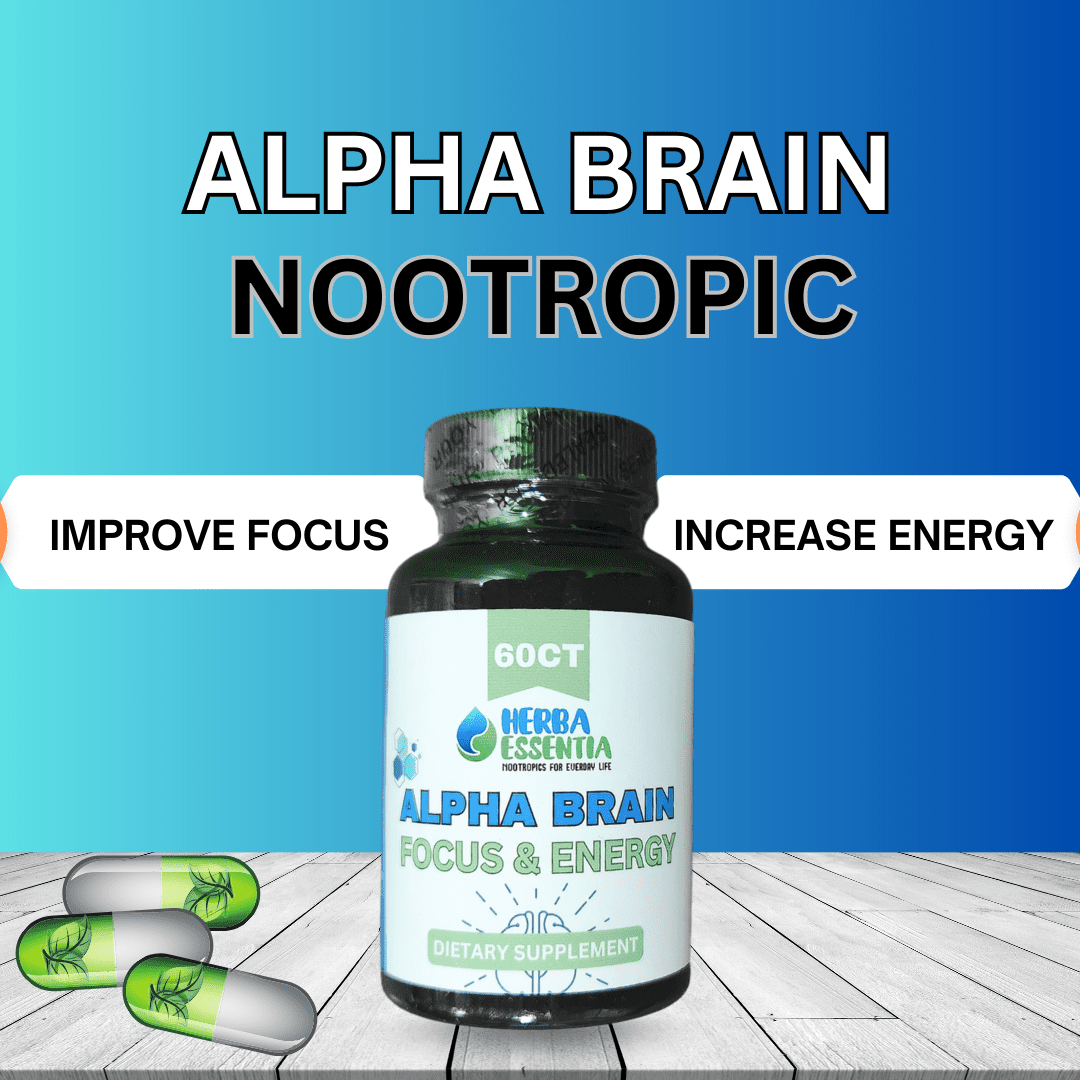
Omega-3 Fatty Acids
Omega-3 fatty acids are essential fats that our bodies cannot produce on their own. They are mainly found in fatty fish like salmon and mackerel. Omega-3s offer numerous benefits, including reducing inflammation, supporting heart health, and improving brain function.
Probiotics
Probiotics are beneficial bacteria that help maintain a healthy balance of gut flora. They can support digestion, enhance nutrient absorption, and boost the immune system. Probiotic supplements are available in various forms, such as capsules and yogurts.
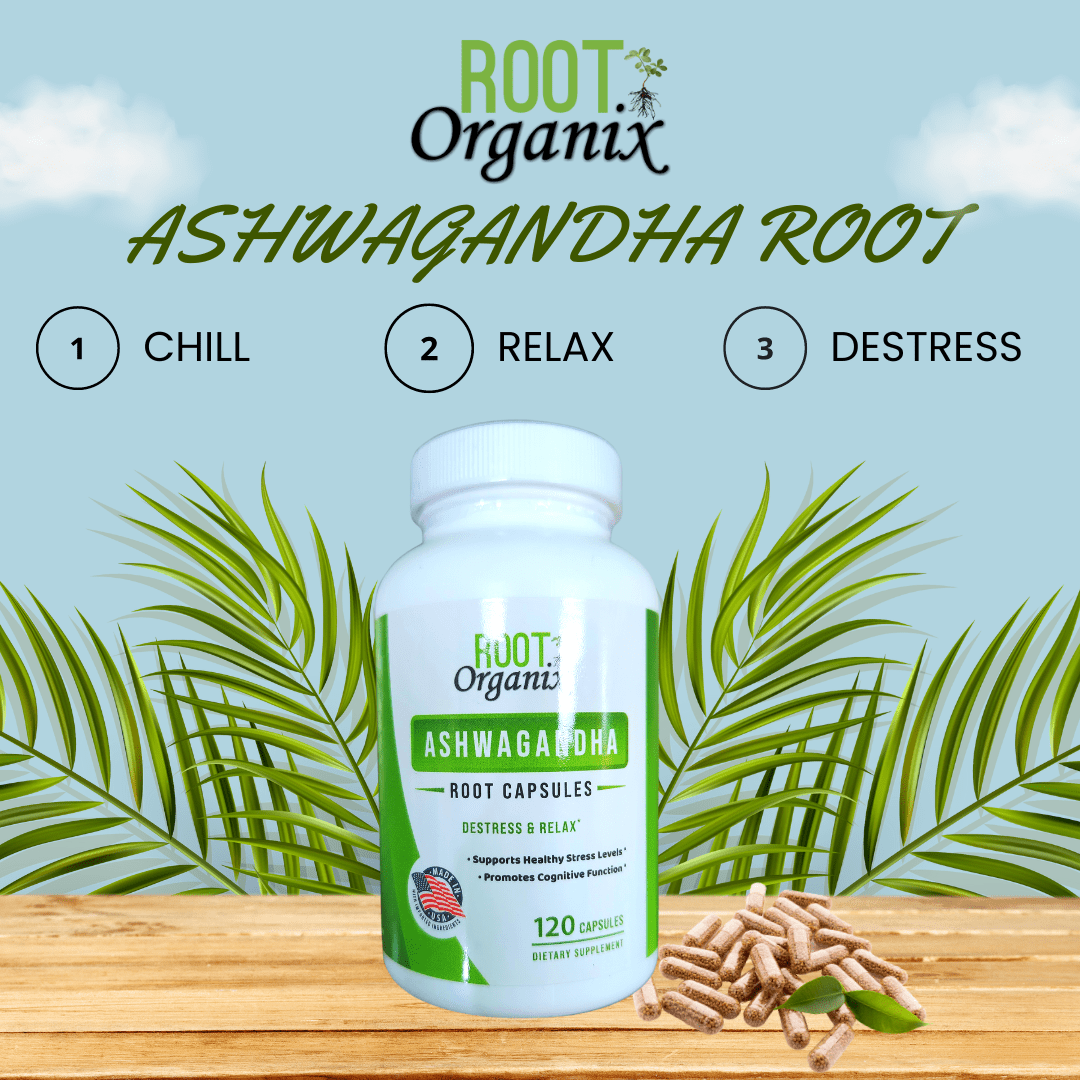
Multivitamins
Multivitamins are comprehensive supplements that provide a combination of essential vitamins and minerals. They are designed to fill in any nutritional gaps in your diet and support overall health. Multivitamins can be particularly beneficial for individuals with limited food choices or specific dietary restrictions.
Vitamin B12
Vitamin B12 is essential for the formation of red blood cells and the proper functioning of the nervous system. It is predominantly found in animal-based foods, making it crucial for vegetarians and vegans to supplement their diets with vitamin B12. Vitamin B12 supplements are available in various forms, including tablets and sublingual drops.
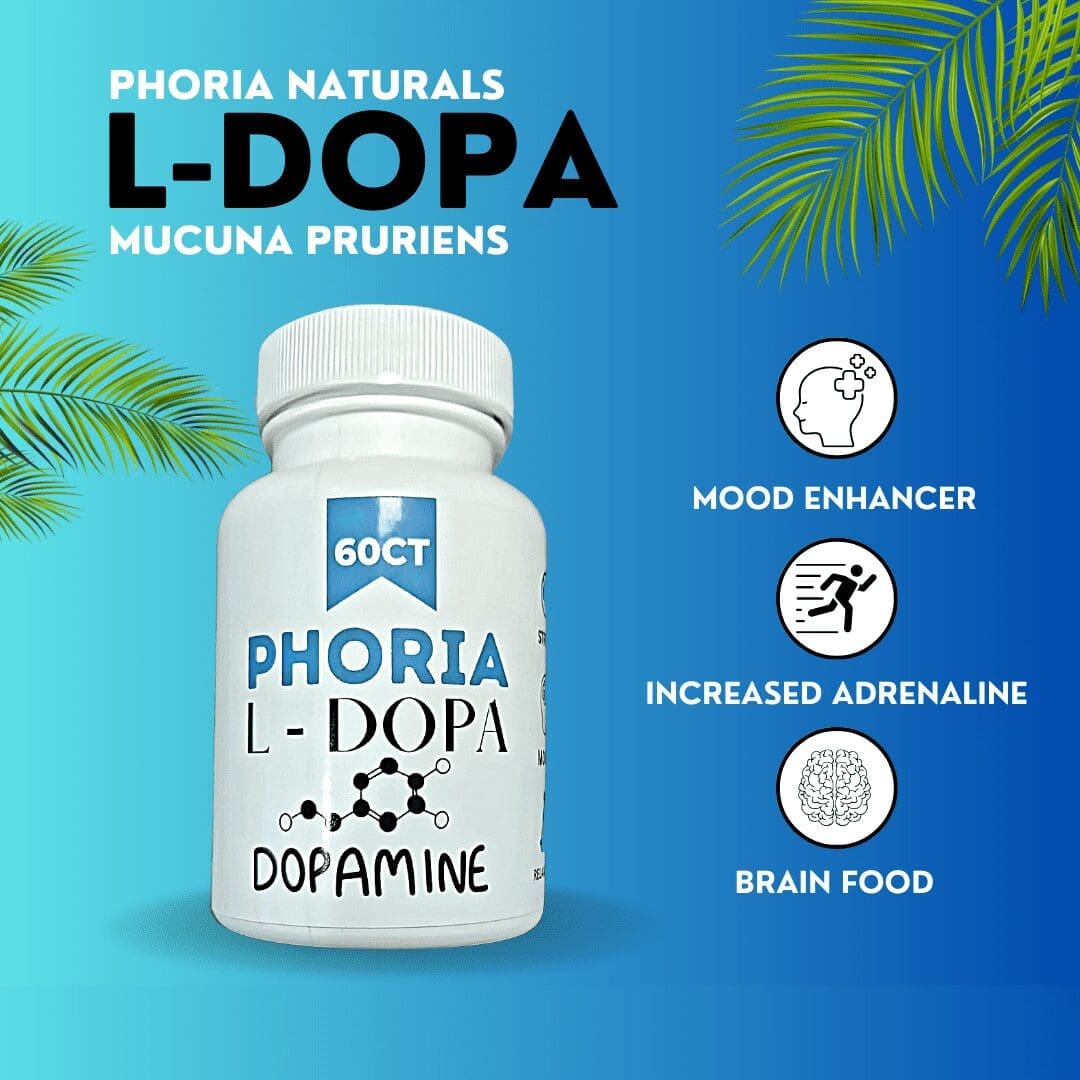
Magnesium
Magnesium is involved in over 300 biochemical reactions in the body. It plays a vital role in muscle and nerve function, blood sugar regulation, and energy production. Magnesium supplements can help alleviate muscle cramps, promote relaxation, and support cardiovascular health.
Calcium
Calcium is crucial for maintaining strong bones and teeth. It is also involved in muscle function and nerve transmission. Calcium supplements are commonly recommended for individuals at risk of osteoporosis or those with limited calcium intake.
Iron
Iron is necessary for the production of red blood cells and the transport of oxygen throughout the body. Iron deficiency can lead to fatigue, weakness, and impaired cognitive function. Iron supplements are often recommended for individuals with iron deficiency or those at higher risk, such as pregnant women.
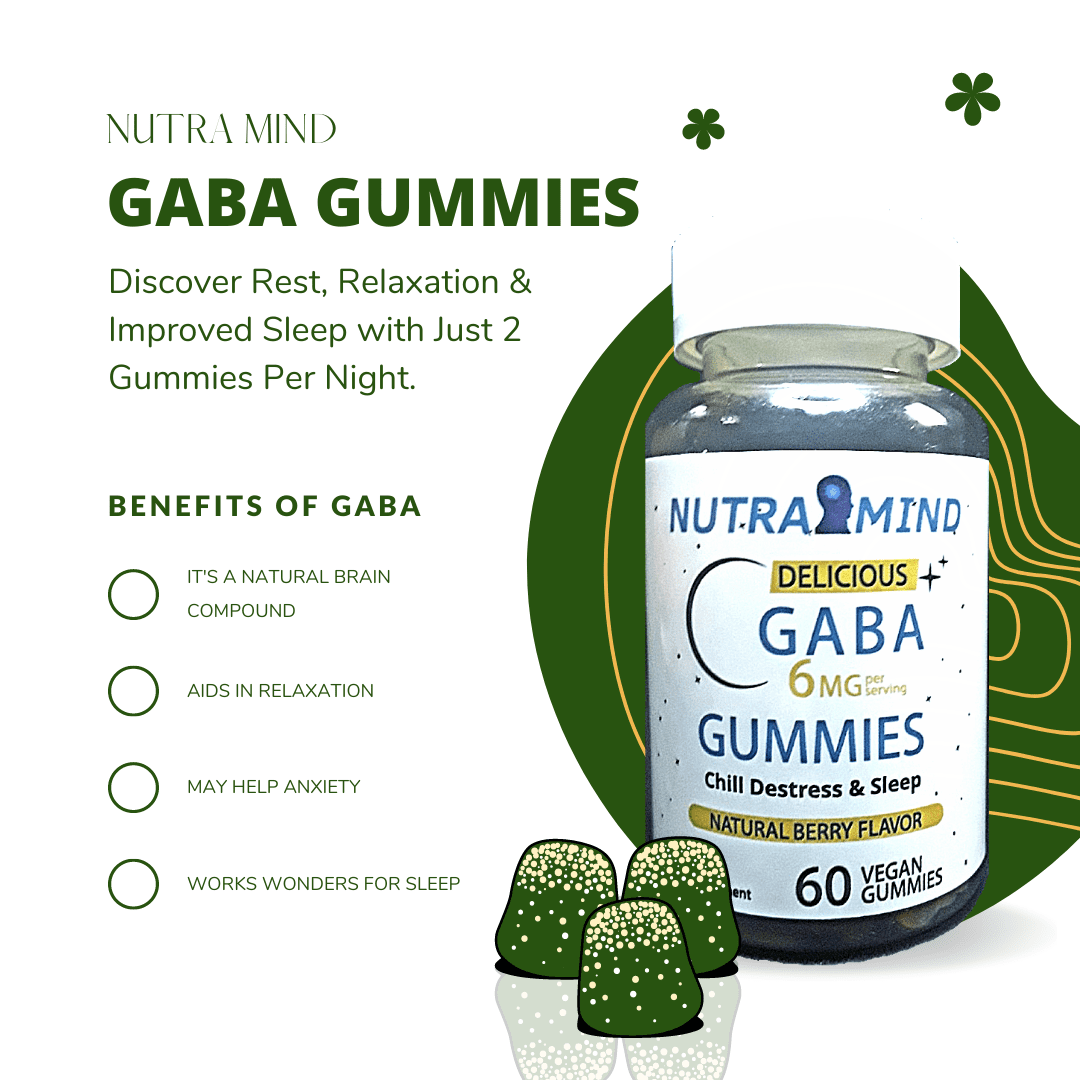
Coenzyme Q10 (CoQ10)
Coenzyme Q10 is a naturally occurring antioxidant that is involved in energy production within our cells. It is essential for heart health and may also have benefits for migraine prevention and overall energy levels. CoQ10 supplements are available in various forms, including capsules and soft gels.
Conclusion
Nutritional supplements can be valuable additions to a healthy lifestyle, providing the necessary nutrients to support overall health and well-being. However, it is essential to remember that supplements should not replace a balanced diet. They should be used to complement a nutritious eating plan. Before starting any new supplements, it is always advisable to consult with a healthcare professional to ensure they are suitable for your individual needs.
FAQs
When taken as directed and in appropriate doses, nutritional supplements are generally safe. However, it is advisable to consult with a healthcare professional before starting any new supplements, especially if you have any underlying health conditions or are taking medication.
Nutritional supplements should not replace a well-balanced diet. They are intended to supplement your diet and provide additional nutrients that may be lacking. It is always best to obtain nutrients from whole foods whenever possible.
Look for reputable brands that have undergone third-party testing for quality and purity. Check for certifications and look for products that contain the specific nutrients you need in appropriate dosages.
In most cases, it is safe to take multiple nutritional supplements together. However, it is recommended to consult with a healthcare professional to ensure there are no potential interactions or contraindications.
While nutritional supplements are generally safe, some individuals may experience side effects such as digestive issues, allergic reactions, or interactions with medications. If you experience any adverse effects, discontinue use and consult with a healthcare professional.
Related Articles:
- Treating Insomnia 15 Tips To Aid Sleep
- Understanding Sleep Disorders With Dr. Lucinda Sykes
- Best Supplements To Boost Mood Naturally
- Pain Relief Supplements The Ongoing Debate
- Plant Medicines For Health And Wellness
- Excessive Sugar Consumption on Your Health
- Best Nootropics for High Performance People
Meet The Author


